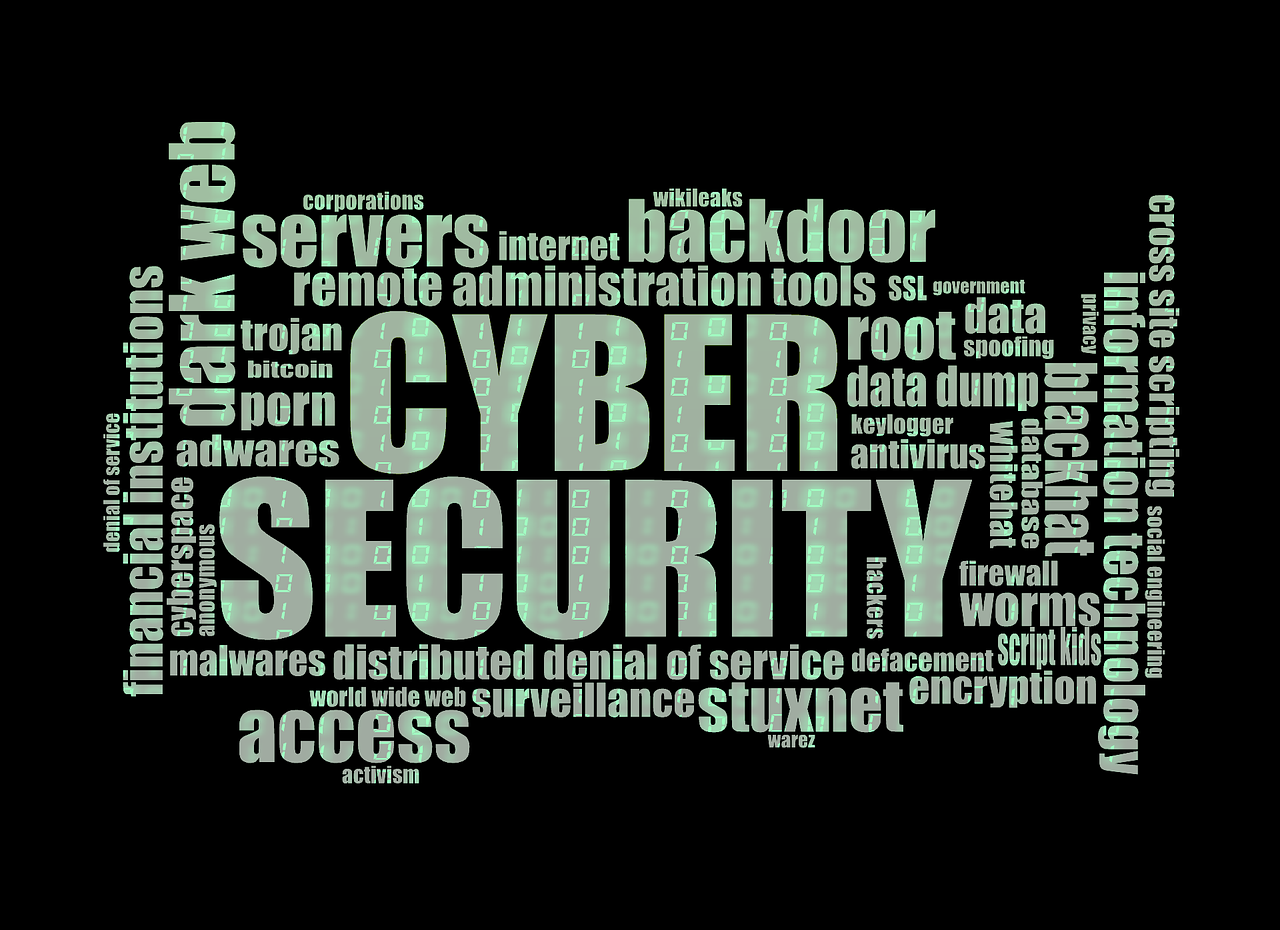Cybersecurity is an essential field that everyone encounters in one way or another, but for beginners, it can seem like a complex world filled with jargon and technical details. This guide is tailored specifically for you, to help demystify the basics of cybersecurity and set a solid foundation for your learning journey. Here, we’ll cover what cybersecurity means, introduce you to the CIA Triad and the crucial balance between security, functionality, and usability.
What is Cybersecurity?
Cybersecurity refers to the practice of protecting systems, networks, and programs from digital attacks. These cyberattacks are usually aimed at accessing, changing, or destroying sensitive information; extorting money from users; or interrupting normal business processes. Implementing effective cybersecurity measures is particularly challenging today because there are more devices than people, and attackers are becoming more innovative.

The Importance of Cybersecurity
Cybersecurity is critical because it protects all categories of data from theft and damage. This includes sensitive data, personally identifiable information (PII), protected health information (PHI), personal information, intellectual property, data, and governmental and industry information systems.
Understanding Cyber Threats
- Malware: Malicious software such as viruses and ransomware.
- Phishing: Attempts to steal sensitive information through false pretenses.
- Man-in-the-middle attack: Data interception between two parties.
- Denial-of-service attack: Overwhelming systems to make a network resource unavailable.

Fundamental Security Concepts: The CIA Triad
The CIA Triad is a model designed to guide policies for information security within an organization. The three elements of the CIA Triad are:
Confidentiality
This ensures that information is not made available or disclosed to unauthorized individuals, entities, or processes. Techniques include data encryption, two-factor authentication, and biometric verification.
Integrity
This assures that information is accurate and trustworthy. To ensure integrity, an information system may prevent unauthorized users from making modifications and ensure that internal data is consistent across all systems.
Availability
This component ensures that information is accessible to authorized users when needed. Measures to ensure availability include maintaining hardware, performing hardware repairs, and creating a secure network architecture.
Balancing Security, Functionality, and Usability

One of the key challenges in cybersecurity is balancing security with functionality and usability. A highly secure system may not be user-friendly, and at the same time, a very user-friendly system may not have robust security measures.
Security
This involves the measures and policies that protect data from unauthorized access and vulnerabilities.
Functionality
This refers to the range of operations that can be performed on a system, platform, or application. It must be robust enough to perform tasks required by the user efficiently.
Usability
Usability is about how user-friendly a system is. A system needs to be easy enough for all authorized users to perform necessary tasks without requiring complex training.
FAQs About Cybersecurity for Beginners
- What is the best way to learn cybersecurity? Start with the basics such as understanding the CIA Triad and common cybersecurity threats. Online courses and certifications can also be beneficial.
- Why is the CIA Triad important? The CIA Triad provides a fundamental framework that helps in building policies to protect information from unauthorized access and threats.
- How do I start a career in cybersecurity? Begin by gaining a solid understanding of computer networks and security fundamentals. Certifications like CompTIA Security+ can be a good starting point.
- What tools do cybersecurity professionals use? Tools vary widely but include firewalls, antivirus software, intrusion detection systems, and encryption tools.
- How often should cybersecurity measures be updated? Cybersecurity is an evolving field. Regular updates, patches, and changes are necessary to defend against new threats.
- Is cybersecurity only important for IT professionals? No, cybersecurity is important for everyone who uses digital devices and the internet.
Cybersecurity is a vital aspect of our digital lives, and starting with a solid understanding of its core concepts can significantly enhance your knowledge and readiness to tackle more complex topics. Whether you’re a budding professional or just curious about the field, knowing these basics is the first step towards mastering cybersecurity.







